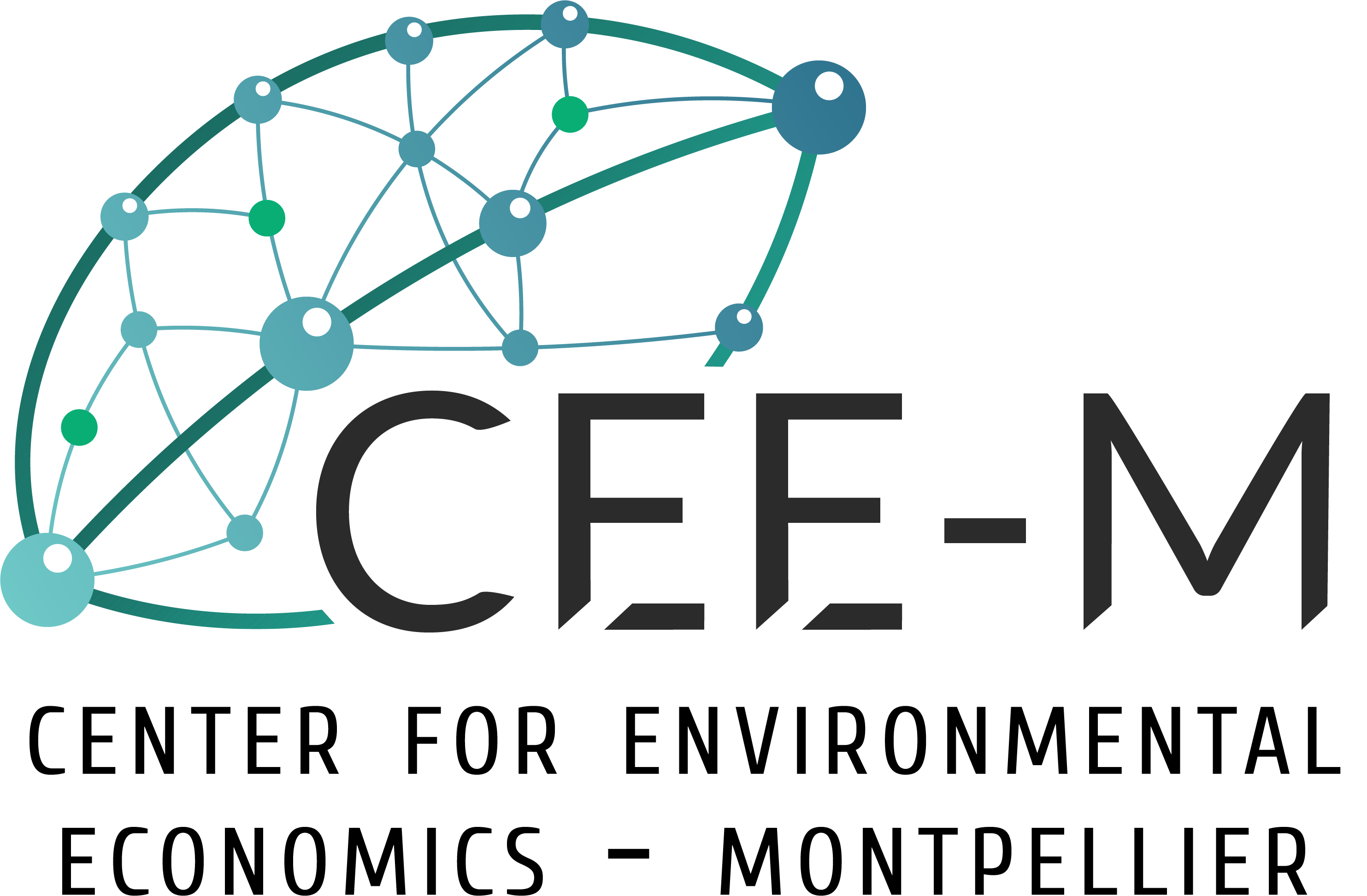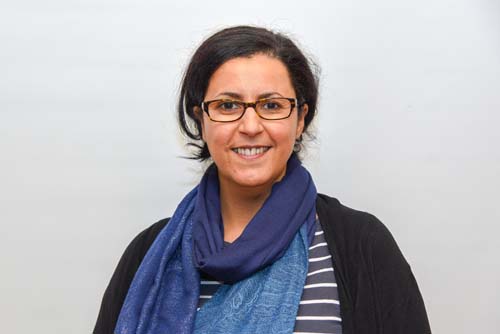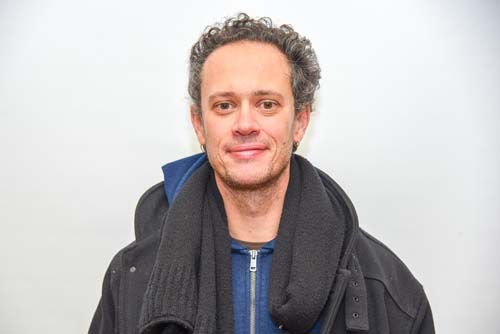- theoretical tests, providing relevant data,
- decision support, by assessing the impact of various instruments (e.g. a public policy or a firm strategy), without exposing the individuals or groups concerned by these instruments to the potential costs or risks of actual implementation in situ,
- provide new perspectives and knowledge on situations for which theory is lacking or incomplete.
- theoretical tests, providing relevant data,
- decision support, by assessing the impact of various instruments (e.g. a public policy or a firm strategy), without exposing the individuals or groups concerned by these instruments to the potential costs or risks of actual implementation in situ,
- provide new perspectives and knowledge on situations for which theory is lacking or incomplete.
Room 216 (2nd floor)
Faculty of Economics
Espace Richter – Avenue de la Mer
CS 79606
34960 MONTPELLIER cedex 2
Email: leem-contact@umontpellier.fr
Tram: line 1, line 3 or line 4
Get off at Rives du Lez and cross the gate above the Lez.
Partial connectivity increases cultural accumulation within groups
Evidence of genotypic adaptation to the exposure to volcanic risk at the dopamine receptor DRD4 locus
How do incidental emotions impact pro-environmental behavior? Evidence from the dictator game
Who are the Voluntary Leaders? Experimental Evidence from a Sequential Contribution Game
Malevolent Governance, Intra-Group Conflict and the Paradox of the Plenty: An Experiment
Men increase contributions to a public good when under sexual competition
Social learning and the replication process: an experimental investigation
Choice overload, coordination and inequality: three hurdles to the effectiveness of the compensation mechanism?
The trade-off between welfare and equality in a public good experiment
Performance of the ambient tax: does the nature of the damage matter?
How does competition affect the transmission of information?
Incentives and managerial effort under competitive pressure: An experiment
Sharing rules for a Common-Pool Resource with private alternatives
When Allais meets Ulysses: Dynamic axioms and the common ratio effect
Does a membership fee foster successful public good provision? An experimental investigation of the provision of a step-level collective good?
Weak moral motivation leads to the decline of voluntary contributions
Income redistribution and public good provision : an experiment
Optimization incentives and relative riskiness in experimental coordination games
Does identification affect trust and reciprocity in the lab?
Vanishing leadership and declining reciprocity in a sequential contribution experiment
Do static externalities offset dynamic externalities? An experimental study of the exploitation of substitutable common-pool resources
Tolérance de la fraude et évasion fiscale: une analyse expérimentale du modèle de Greenberg
Risque et sélection d'équilibre dans un jeu de coordination: une analyse expérimentale
Researchers, professors and PhD students in economics study individual and group behavior in various economic environments. They are involved in national and international research projects.
The research team relies heavily on laboratory experimentation to carry out these projects. To conduct experiments, we need volunteers who are paid for their participation in experimental sessions. Payment rules differ depending on the type of experience. However, on average, participants earn between 5 and 25 euros for a typical session (duration of about 1h30).
No knowledge of economics is required to participate in our experiments. Anyone can apply to become a participant.
Register today, it's fun, it pays off and you contribute to scientific progress!


